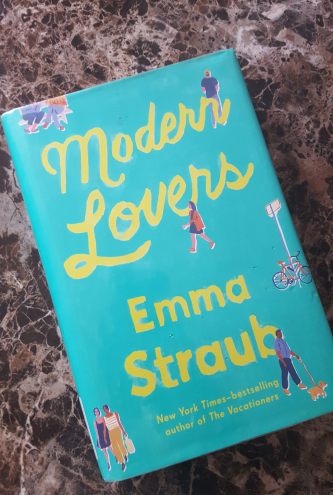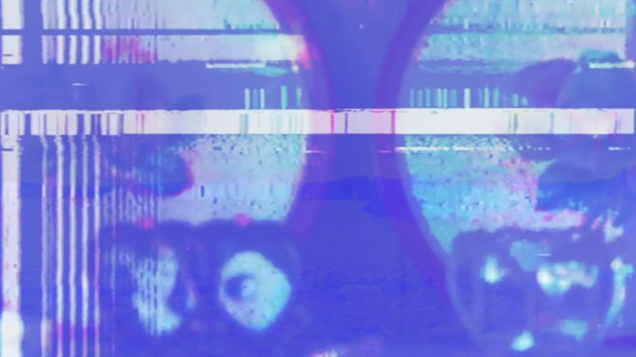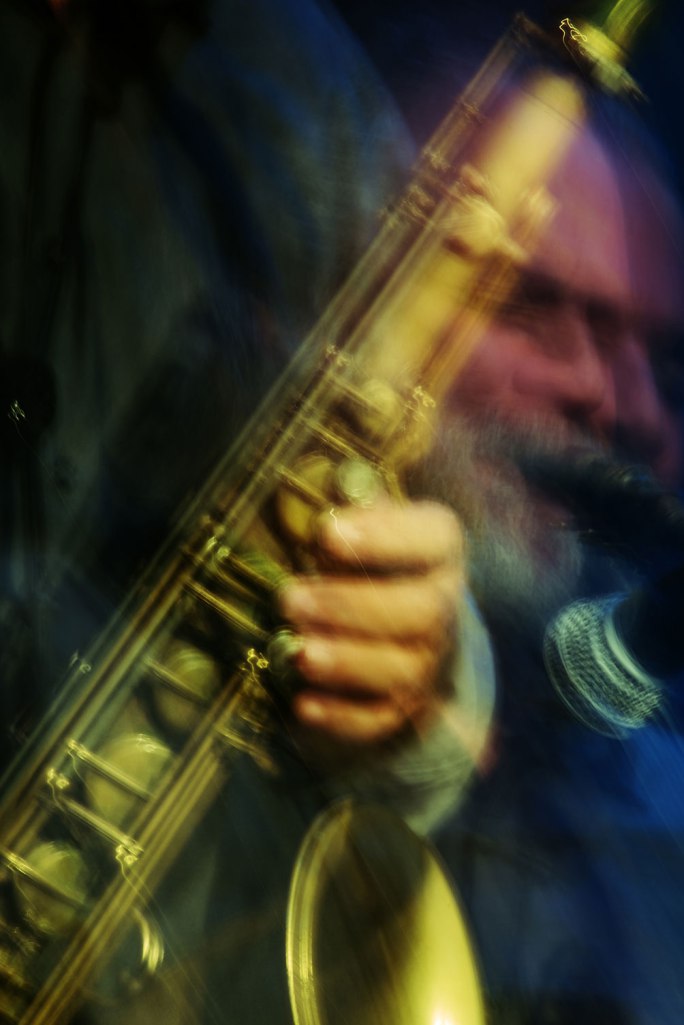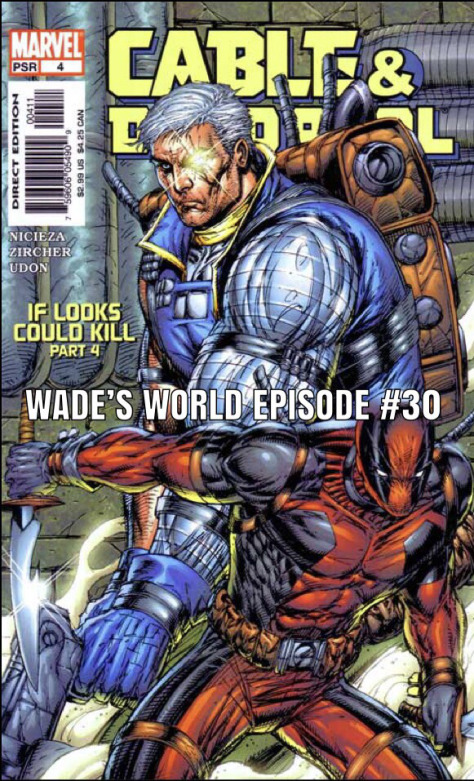The Specs
- What: Modern Lovers
- Who: Emma Straub
- Pages: 353
- Genre: Contemporary adult fiction
- Subgenre: Chick lit
- Published: 2016
- The lit:


 of 5 flames
of 5 flames
When a book takes place in a state, town, or neighborhood where I’ve lived, I always dive in (see my four-flame review for The Nest). I love the nostalgia that I feel and deciphering how accurate the author described the places I know so well. This is why I naturally gravitate toward novels set in New York. Outsiders might argue that too many stories have an empire state of mind. But the five boroughs are much too expansive and offer so many intricacies, odds, and ends that “too many New York stories” is just unfathomable to me. That’s like saying there are too many restaurants in the city. Just stop.
So when I read that Emma Straub’s third novel would take place in Ditmas Park, two blocks from and on the same street as my second New York apartment, I instantly put in a hold at the library. I shared a great three years with Brooklyn, and I wanted to see what perspective Straub would bring to my old ‘hood.
I have to say, she nailed the setting. The descriptions of the streets, residents, and vibes found in Ditmas Park resonated with me. It reminded me of the jokes my roommates and I would make of Church Avenue, of the Himalayan restaurant on Cortelyou that Brian discovered, of the giant Victorians that took you out of New York’s anxiety and speed. Nostalgia was about the only thing, however, that Straub nailed in my opinion.

Modern Lovers revolves around former bandmates, Elizabeth, her husband, Andrew, and their friend Zoe, who all left their rockin’ days in college and settled down in the quiet Brooklyn neighborhood. As they reach middle-age, they start pondering their relationships while their teenage children begin forming their own. The adults seem to be coming loose, and the kids are only trying to figure out themselves, teaching us that questions we ask when we’re young and bright-eyed may not even be answered with wisdom and age.
I loved the backdrop but wondered if outsiders, even those who lived merely a few neighborhoods away, would fully understand some of the descriptions in the book. The depictions were accurate, but did I feel that way only because I had lived it? Would another reader feel lost in this tiny world in the middle of a big city?
 Walking in a Ditmas Park wonderland.
Walking in a Ditmas Park wonderland.  Actress Michelle Williams’ Ditmas Park home.
Actress Michelle Williams’ Ditmas Park home.  Prospect Park, where several scenes take place.
Prospect Park, where several scenes take place.
Furthermore, I highly doubt that only non-New Yorkers found themselves a little lost. I did too. The setting was the one personality that I fully understood; it was the characters that confused me.
Straub included a variety of descriptions for each character, and I struggled to decipher their quirks and personalities. For example, Zoe appears, at times, stylish, hippie, care-free, wild, calm, argumentative, athletic and healthy, artistic, passionate, sometimes boring, sure of herself, and also indecisive. #sorrynotsorry, but a character can’t possibly have all of these traits. I was lost in them but not in a good way.
Wading through all of these descriptions led to undeveloped plots and characterization. It’s clear that the novel’s central focus is on individuals figuring out their relationships, but what exactly they’re sorting through boggles me. After 350 pages, I still don’t know why Zoe wanted a divorce from her wife, Jane, of nearly 20 years, and it took some blatant explanations 75% of the way through before I discerned anything about Elizabeth’s feelings toward deceased fellow bandmate, Lydia. (Andrew’s midlife crisis is pretty self-explanatory though: Man feels adrift, man unknowingly joins a cult, man does some weird shit, man sort of grasps his life again.)
“They were just wading through the muck like everyone else.” — Modern Lovers
Slate’s Katy Waldman didn’t agree with me here. In her review, Waldman is fond of Modern Lovers’ stars and believes their many streams of consciousness lead to new levels of understanding and complexity. “Like places, people contain layers, their older selves laminating their younger selves and their kids’ experiences overwriting their own,” she writes. Maybe I’m not that deep, but these endless trains of thought and clashing traits left me disoriented.
My confusion with the characters did introduce the most intriguing facet of the book though: Ruby (Zoe and Jane’s 18-year-old daughter who, on the surface, had her shit together the least) actually understood herself the most and knew exactly who she was. Maybe this was Straub’s point all along. That knowing yourself, rather then where you are or where you’re going, means more in life, love, and relationships, to the outside and, more importantly, to yourself.
Share this:





